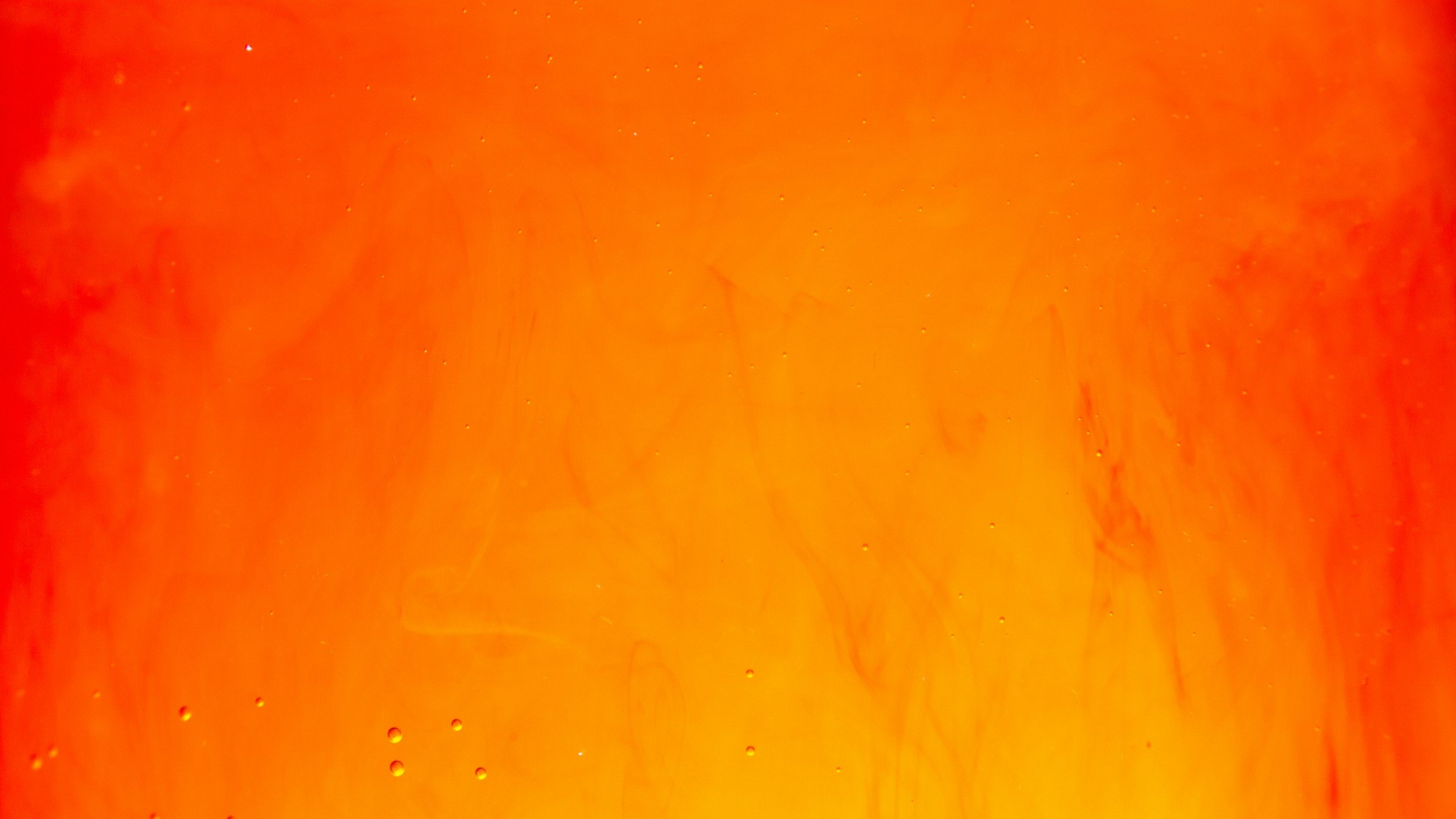Dark Days
I’m researching for a book set in the 1920s here in America this time, and although the sun is shining, the trees are blooming and spring is here, it’s hard not to get bogged down in how dark our past can be. When I used to think of the roaring 20s, I imagined Speakeasies and flappers. But now that I’m really learning about it, I’m seeing the birth pangs of a dozen groups of people all fighting to be free. Not just the women’s suffrage movement or the Harlem Renaissance, which I had at least heard of. But free speech advocates fighting to be allowed to speak out against war, union members demanding to be given safety protections, and people fighting for better health care for women and children.
And, like any struggle, there were those who felt those things were too big of an ask. Now, it feels unthinkable to be imprisoned for speaking out against a war, but many, many people were. The idea that voting for women was a step too far is ludicrous, but it was a fight that took a long, long time. And it was not until yesterday that an anti-lynching law was passed at the federal level. A century too late, you might say.
It makes for depressing reading. But, for me, it also gives context to our own time. Just like now, the technological changes of the previous 50 years had completely reworked society. Imagine being born in 1870, a world of horses and farms, of civil war era cannons and Little House on the Prairie. And then turning 50 in 1920, the roads full of cars, a war fought with planes and chemical weapons and submarines, and the entire country becoming urbanized. Of course people’s heads were spinning.
But the question is what we do when the world is changing so fast we can’t keep track of it? Do we harden ourselves, deciding what was in the past was superior, only seeing the negative in the changes? Or do we look deeper, seeing that the values that have sustained us for millennia - curiosity, self-control, and integrity - are equally relevant no matter how big the changes may be?
Forrest and I often argue about how much to hold people accountable for their behavior. He’s one to say that you have to give people a break, look at the context around them, see how their behavior might make sense. I’m a bit more Pentacostal in my outlook. We have always had sin around us and it has always been hard to step outside our own narrow viewpoints to act with compassion and forbearance. And I think the only way people ever change is to trust them to be adults and hold them to high standards.
The truth is probably in the middle. The world feels scary, chaotic, and new. But I could point to a dozen moments in history that felt exactly the same way. Human beings have always faced challenges and overcome them, sooner or later. The depressing reading I’ve been doing is, in the end, quite inspiring. The world 100 years ago felt much the same. But just like them, if we are willing to extend each other the fierce kindness of justice, we’ll see that this suffering is simply a sign of better days to come.



